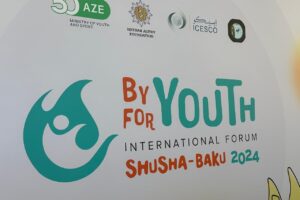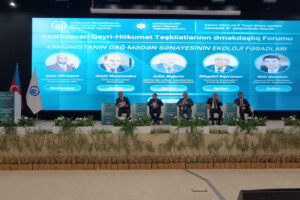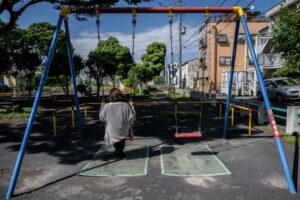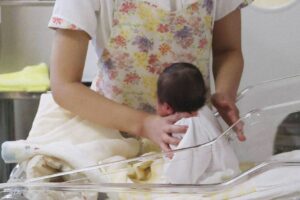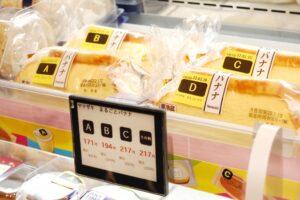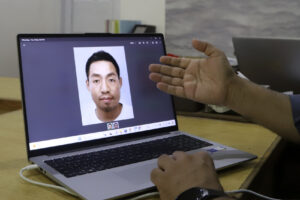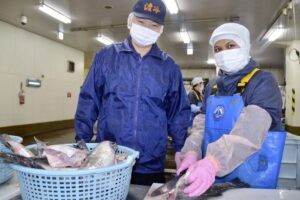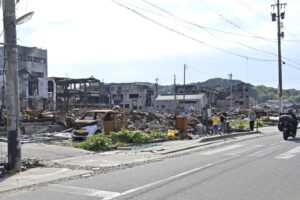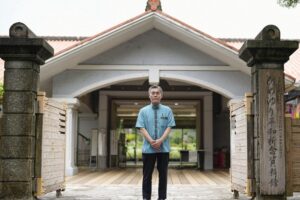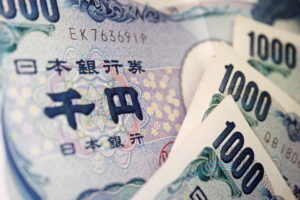Tokyo, 24 June, /AJMEDIA/
The use of donor human milk banks is increasing in Japan to help prevent disease in premature babies with underdeveloped organs.
But those organizing the human milk banks are facing challenges in meeting the growing demand due to insufficient funding and staffing, while raising awareness is required to increase the number of donors, experts said.
“With (my baby) in a life-or-death situation, I wanted whatever could be done”, said a 33-year-old woman, whose daughter was born four months premature in 2019 weighing 400 grams.
She was told by the hospital that her baby had “a 50 percent chance of survival” and as she was unable to provide breast milk she should consider donated milk, which would decrease the risk of death. The baby girl received donor milk for five days.
With her daughter, who will turn 5 years old this summer, now healthy and attending kindergarten, the woman said she is thankful to the donors.
“An acquaintance who also gave birth prematurely around the same time had no information about human milk banks and lost her child due to necrotizing enterocolitis,” she said, referring to a disease that causes intestinal tissue to die.
“I hope for a society in which (human milk banks) are available at all hospitals,” she added.
There are currently three banks in Tokyo and Aichi Prefecture, central Japan, that sterilize and freeze donor breast milk, and ship it to hospitals upon request.
The milk is prepared for babies with birth weights of less than 1,500 grams whose mothers are sick due to premature birth or unable to produce sufficient breast milk.
The number of recipients has increased since 2018, with 103 medical institutions in 40 of Japan’s 47 prefectures having accessed the service.
In fiscal 2023 ended March, the donor breast milk was provided to 1,118 babies, up from 813 in the previous year, while an estimated 5,000 babies require it each year, according to the Nippon Foundation that operates two of the donor milk banks.
Katsumi Mizuno, professor of pediatrics at Showa University, who is promoting the bank project, says donated human milk is more effective in lowering the risk of necrotizing enterocolitis than infant formula.
Donor human milk can also reduce the risk of retinopathy of prematurity, when abnormal blood vessels grow in the retina, and chronic lung disease, according to Mizuno.
One of the donor human milk banks, set up at baby goods maker Pigeon Corp.’s office in Tokyo, relies on fees from hospitals and donations from businesses and individuals but is incurring losses, according to operator the Japan Human Milk Bank Association.
The association is also facing difficulty to increase the fees it charges due to hospitals’ financial constraints.
The health ministry is considering expanding support for human milk banks, but the process could take time as whether to categorize donor breast milk as food or medicine has not been decided, experts said.
In May, the donor milk bank at Pigeon’s office introduced a new sterilizer after raising 25 million yen ($159,000) through crowdfunding.
Although the milk bank is now able to respond to demand, there is only one full-time staff member due to limited funds, it said, expressing concern that the provision of donor milk could come to a halt.
Meanwhile, there is also a need to increase the number of donors, with 607 registered in fiscal 2023, the association said.
“We should create guidelines in the future to provide all infants with birth weights of less than 1,500 grams access to (donated milk). I want to make sure (those in need) across Japan feel safe using it,” Mizuno said.









